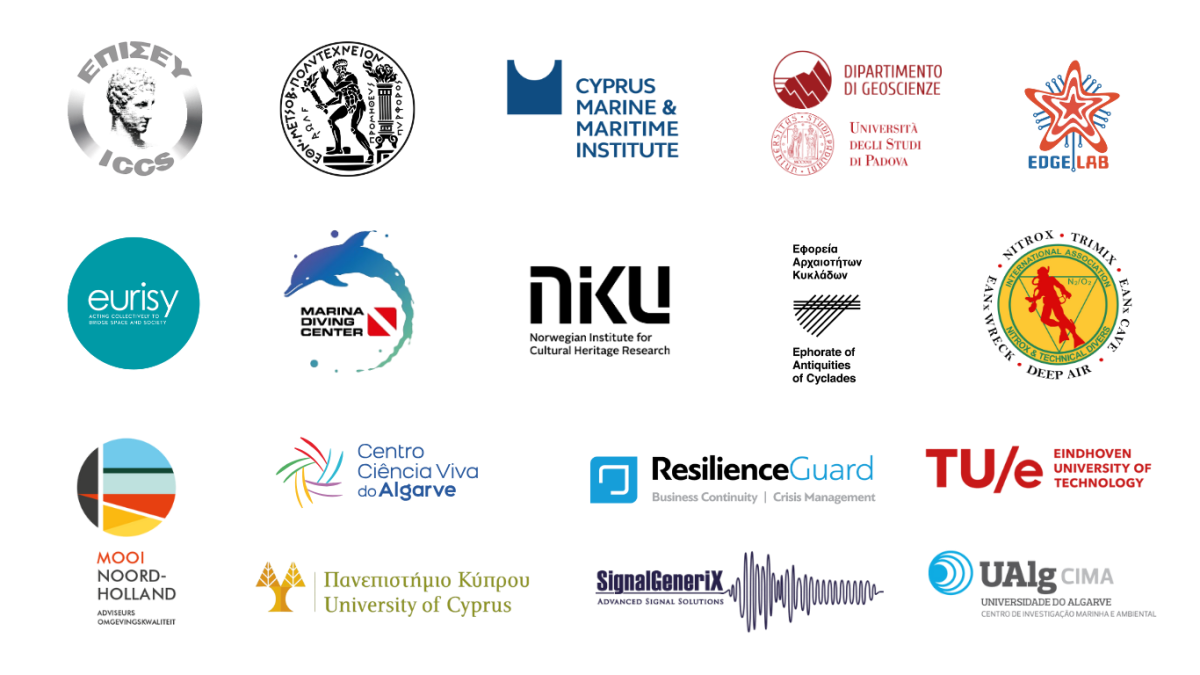
Situated approximately two nautical miles from Riomaggiore at a depth of around 40 meters (44°06’36” N 9°45 03″ E), the Equa was initially intended as a cargo transport vessel but was repurposed as a submarine chaser during the war.
Unfortunately, it met a tragic fate when accidentally struck by a friendly ship, although all crew members were safely rescued. Despite its remarkable preservation, all shipwrecks are subject to eventual decay, gradually blending into the underwater environment.
Factors such as salinity, temperature, and currents can significantly impact the rate of deterioration. However, the Equa’s structure is not expected to undergo significant changes in the near future.
During the summer of 2023, divers from the THETIDA project identified two stressors potentially affecting the Equa’s deterioration:
Europe boasts a diverse underwater heritage, often threatened by climate change, pollution, and natural hazards. To safeguard these wrecks, the European Community has funded the THETIDA project, involving a consortium of 17 organizations across 8 European countries, including EdgeLab.
In the THETIDA project, the U_Tracker®IV, an affordable, compact, and user-friendly Autonomous Underwater Vehicle (AUV), will be utilized. Despite its compact size, U_Tracker®IV maintains high performance capabilities, enabling it to carry out missions typically reserved for larger, more expensive vehicles.
Designed for various applications such as environmental monitoring, archaeological and wreck research, pollution surveillance, and marine research, U_Tracker®IV will be deployed across all seven THETIDA pilot sites. Equipped with Side Scan Sonar, navigation, and communication tools, it will facilitate seabed mapping and the production of 3D models to assess degradation levels.


The THETIDA project has received funding from the European Union's Horizon Europe programme under grant agreement 101095253
Operating Unit:
Via Privata OTO, 10 – 19136 La Spezia (SP) – Italy
Copyright © 2025 EdgeLab S.p.A. – VAT number 01668200494 – All rights reserved.